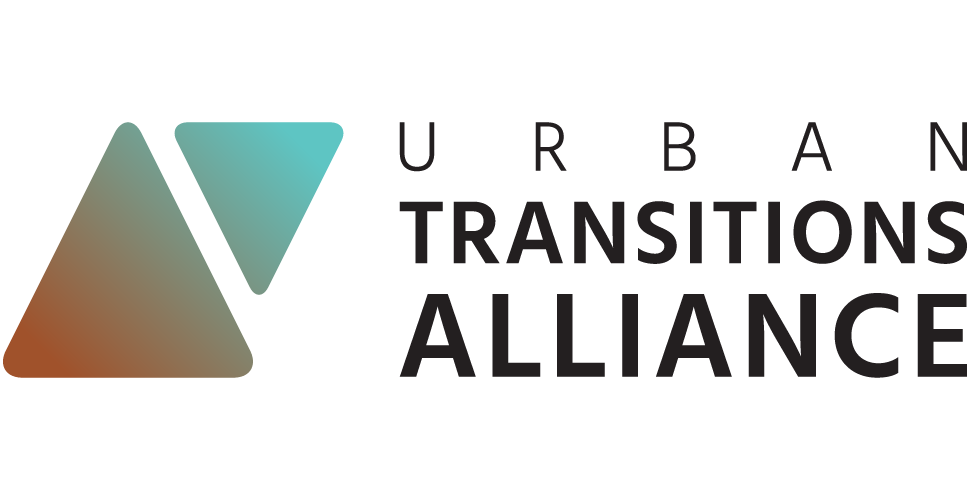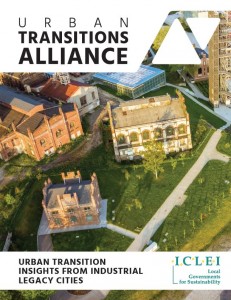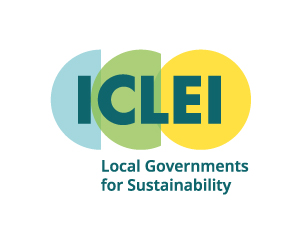URBAN TRANSITIONS FORUM
URBAN TRANSITIONS ALLIANCE TO MEET IN MONTREAL
A global gathering of industrial legacy cities is set to take place at the Urban Transitions Forum during the ICLEI World Congress in Montreal 19 – 22 June 2018. The Forum will advance transnational collaboration and knowledge exchange. The participating cities are all facing critical sustainability challenges due to their industrial heritage, but are also using this identity in their ambitious transition visions.
Already familiar with one another after meeting at UN Climate Change Conference COP23 in Bonn in 2017, the Alliance cities are eager to reconnect with their peers to further their collaborative efforts. Transition focused thematic sessions as well as working group meetings and networking opportunities will create key moments for cities to learn from one another, discuss current challenges and barriers and spark new ideas for individual or joint transition projects.
PROGRAM HIGHLIGHTS
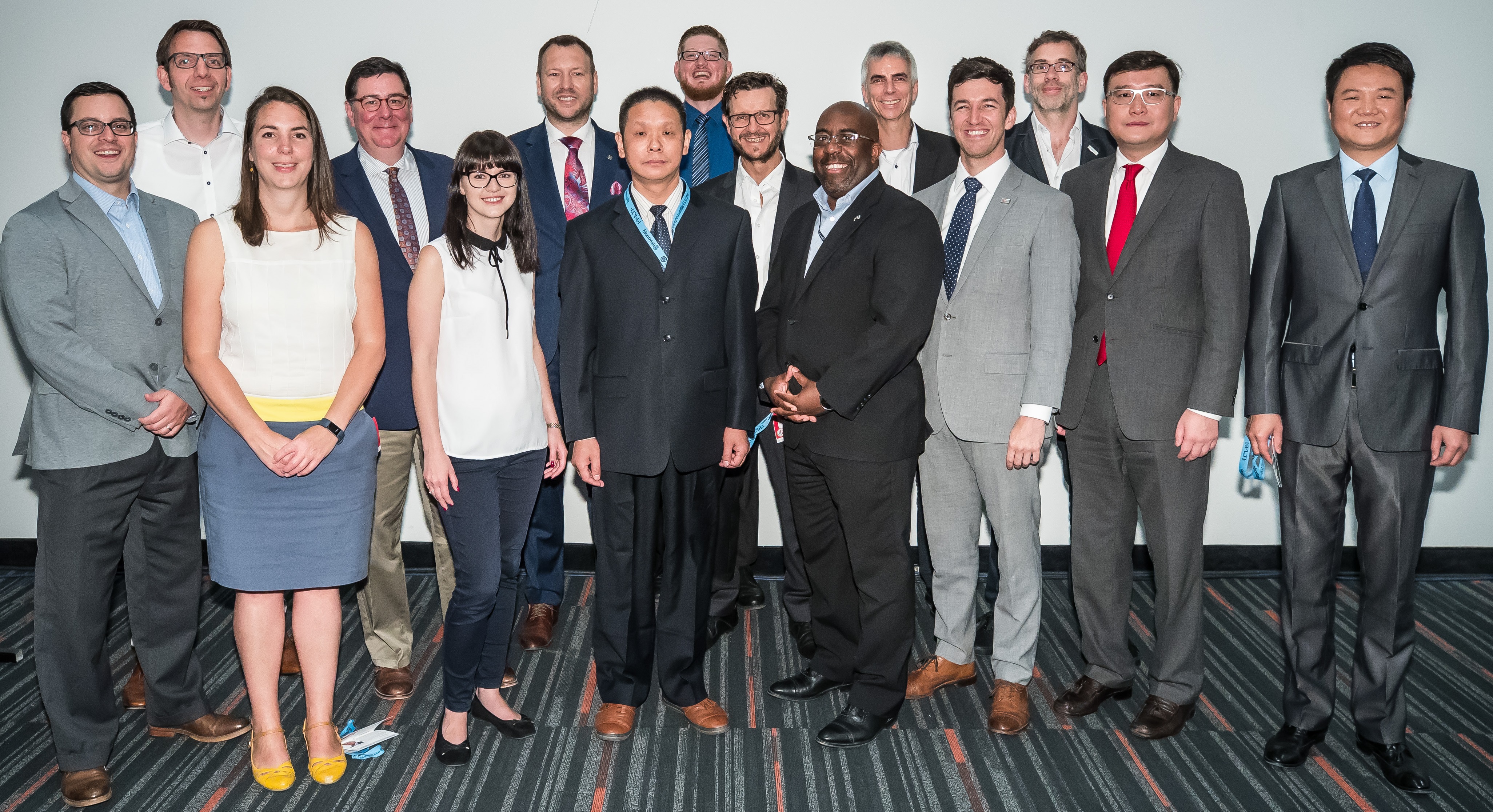
High-Level Forum Opening
Transition actions can speed up momentum if there is strong support and focus from local political representatives. Political leaders from the Alliance cities including Pittsburgh Mayor William Peduto and Katowice Deputy Mayor Marius Skiba will discuss how they can jointly provide political leadership in their regions to raise the profile and the ambition of industrial legacy cities. This dialogue will serve as a high-level backing for inter-municipal knowledge exchange and cooperation, driving and accelerating local action.
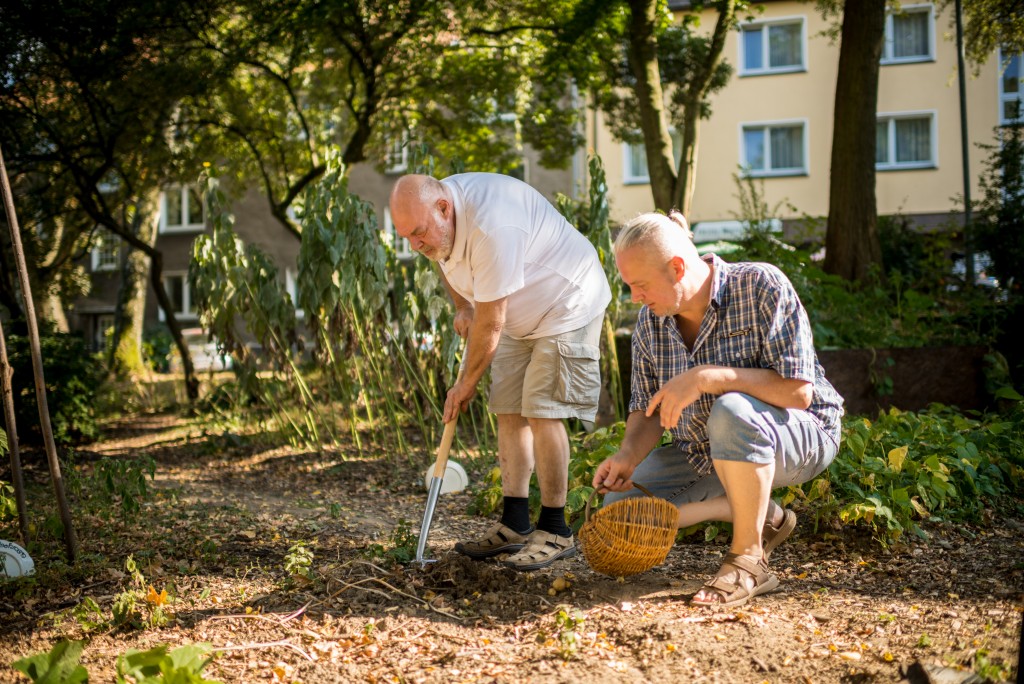
Social Transition
A key component of a well-managed urban transition to sustainability is to ensure that no citizens are excluded or left behind. With social justice and equity as guiding principles, citizen engagement practices are essential to create a common identity and build shared visions. Katowice will illustrate this with the district of Nikiszowiec, which was built as a coal miners’ settlement and is currently being revitalized through transition actions focused on social inclusion and opportunity. Dortmund will share details on specific social transition challenges in certain districts arising from the decline of heavy industry and how the city solved them together with their citizens by making citizen participation an integral part of their transition strategy.
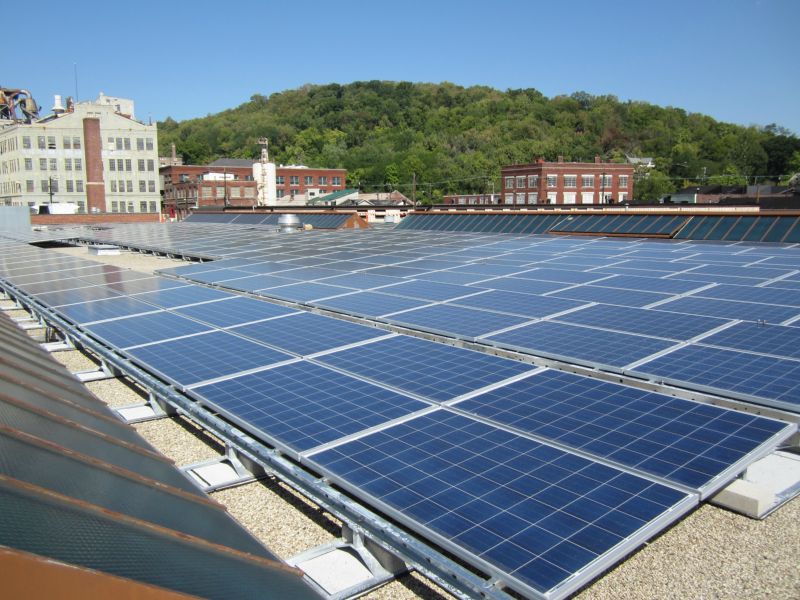
Energy Transition
Taking ownership of their own energy transitions with bold visions and ambitious actions, city governments are tackling entrenched energy-related challenges including poor air quality, negative health impacts and high energy burdens on citizens as well as the rising urgency of aging infrastructure, investment shortages and inefficient energy systems and built environments. Gelsenkirchen will share insights on how transition challenges shifted their energy transition vision from one focused on solar manufacturing growth to one that emphasizes quality of life for citizens. Pittsburgh will give an update on their District Energy Project as well as details on how the city’s upcoming 2020 procurement round is opening up new opportunities for the local government to pursue innovative partnerships and ambitious renewable action.
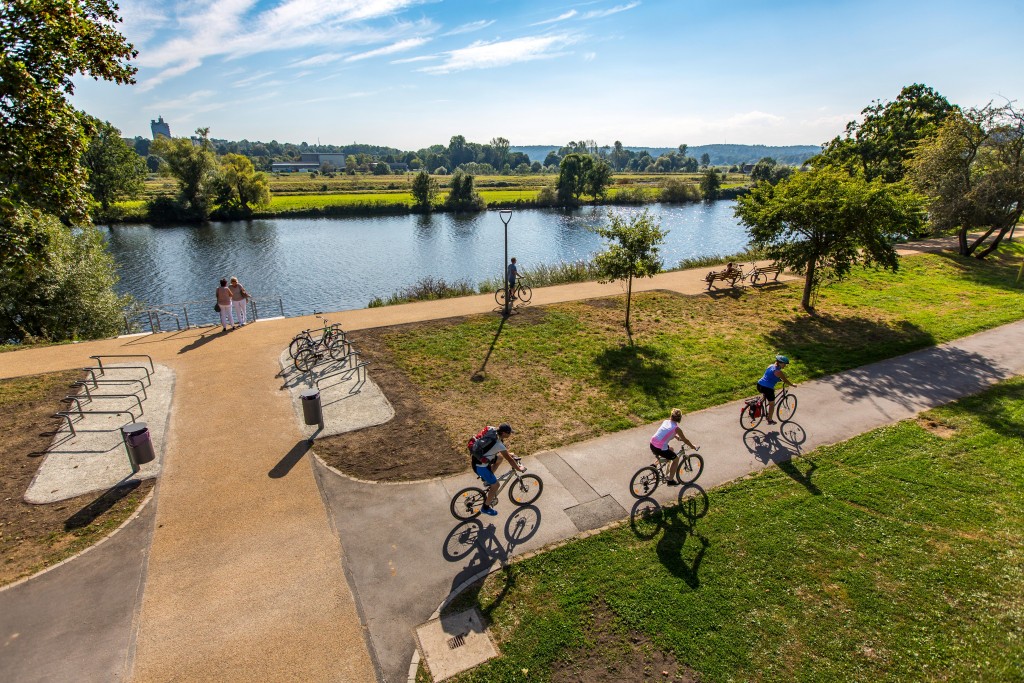
Mobility Transition
In all cities, leveraging walking, cycling and public transport as well as renewable energy electric vehicles will be crucial for cities to improve their air quality, meet renewable energy targets and emission reduction goals, and improve the equitability of their mobility systems. For industrial legacy cities, these efforts are part of a larger structural and systemic transition towards sustainability. Mobility initiatives are essential for transforming existing industrial-era transport infrastructure and redefining local identity.
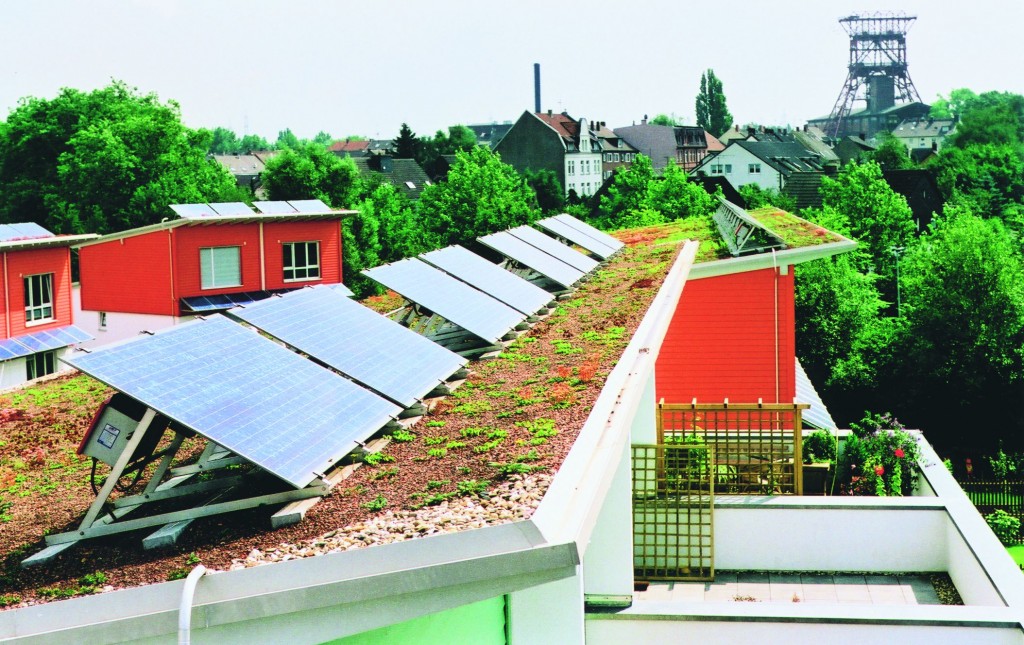
Infrastructure Transition
Old factories, disused railway tracks and abandoned mining sites constitute relics of a formerly flourishing industrial past. Industrial legacy cities have strategically turned many brownfields and industrial areas into opportunities for neighborhood revitalization, green economy development, biodiversity conservation and climate change adaptation. Buffalo will demonstrate how an old industrial area can be transformed into a green corridor to increase connectivity and access to jobs in downtown. Similarly, Dortmund will share examples of infrastructure transitions aimed at turning the city into an attractive place to live and work in.
BUILDING CAPACITIES FOR URBAN TRANSITIONS
During the forum, the cities in the Alliance will also have the opportunity to dive deeper into Urban Transitions Management and learn how to apply this methodology in their visioning and planning for local sustainability initiatives.
During a working group meeting, Alliance cities will be able to debate the potential and pitfalls of the Urban Transitions methodology and share their views on how this approach could be implemented in their own cities to achieve a more integrated transition process. Further development of an urban transitions framework, methodology and tool box with application and feedback from Alliance members will steer the upcoming work program of the Urban Transitions Alliance.
